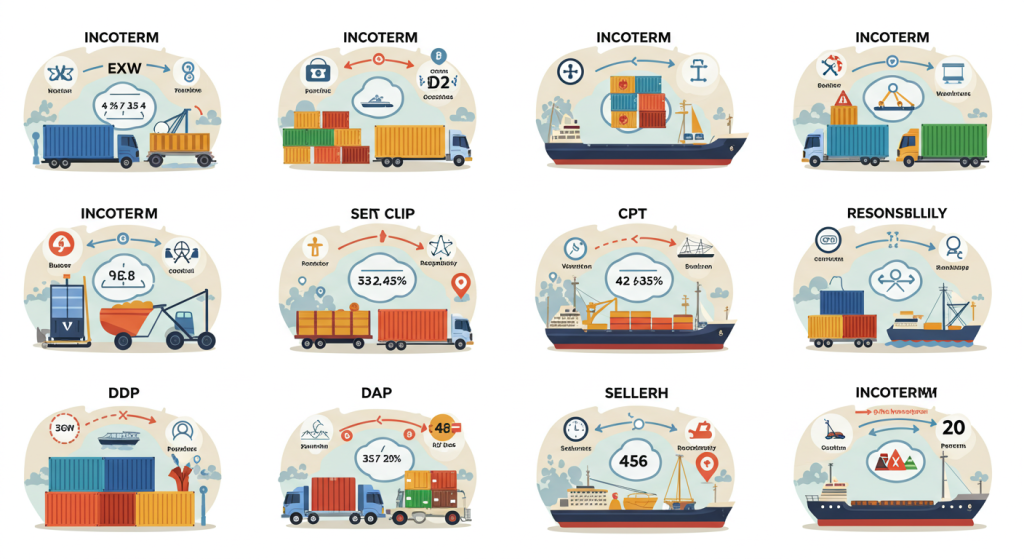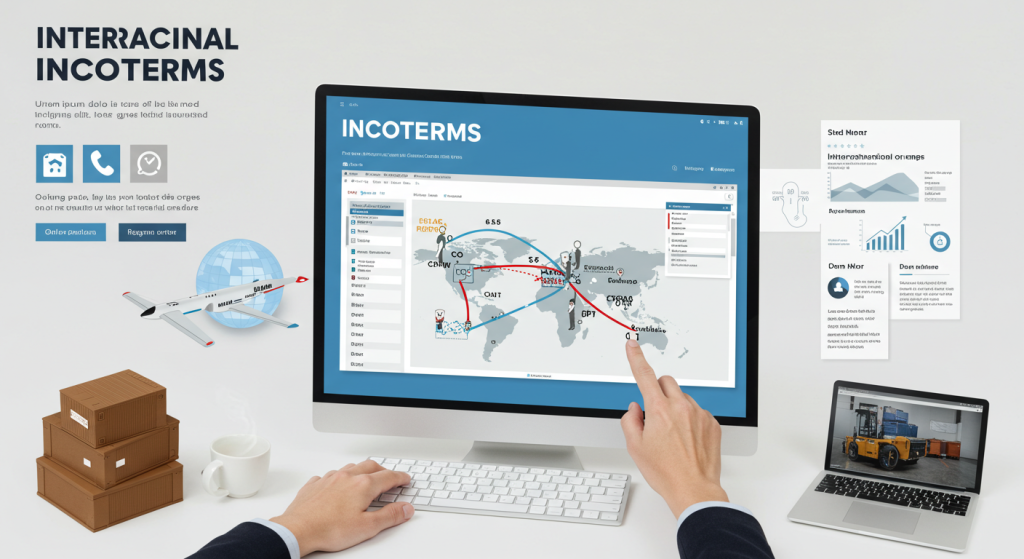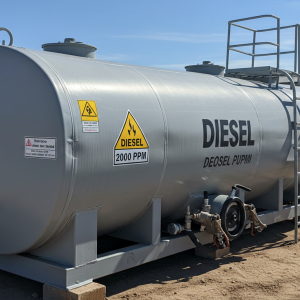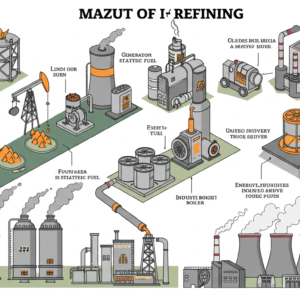When buying or selling goods internationally, clarity is king. 👑
Imagine shipping millions of dollars’ worth of products — who handles insurance? Customs? Transport?
This is where Incoterms come into play: they set clear rules to avoid costly misunderstandings. 📜🚛
Let’s dive into what Incoterms are, why they matter, and how businesses use them to smooth international trade! ✈️🌍
🔹 What Are Incoterms?

Incoterms (short for International Commercial Terms) are a set of globally recognized rules that define responsibilities between buyers and sellers in international trade.
They were first introduced by the International Chamber of Commerce (ICC) in 1936 and have been updated several times, the latest being Incoterms 2020. 📜🌐
Simply put, Incoterms tell you who is responsible for shipping, insurance, import duties, unloading, and risk at each stage of the journey.
🔹 Why Are Incoterms Important? 📢
- 🛡️ Clear Risk Division: Knowing when the risk shifts from seller to buyer.
- 💵 Cost Clarity: Defining who pays for shipping, insurance, customs fees.
- 🧭 Guidance: Helping companies draft clear, enforceable sales contracts.
- 🌍 Global Consistency: Same rules apply whether you’re trading from Germany to China or Brazil to South Africa.
Without Incoterms, international deals would be full of legal and logistical nightmares! 😱⚡
🔹 Examples of Key Incoterms
| 🚚 Term | 📋 Meaning |
|---|---|
| FOB (Free On Board) | Seller delivers goods onto the ship; buyer assumes risk from that point. |
| CIF (Cost, Insurance, and Freight) | Seller covers cost, insurance, and shipping up to destination port. |
| DAP (Delivered At Place) | Seller delivers goods ready for unloading at destination. |
| EXW (Ex Works) | Buyer bears all costs and risks from seller’s location onward. |
| DDP (Delivered Duty Paid) | Seller covers everything — transport, customs, duties — right to buyer’s door! 🚪 |
Each Incoterm fits different trade needs depending on risk, cost, and complexity. 🔍💬
🔹 Important Notes About Using Incoterms ⚡
- Always specify Incoterms version (e.g., “FOB Shanghai – Incoterms 2020”).
- Incoterms only regulate transport and delivery responsibilities — they don’t cover payment terms like LC, BG, or TT.
- Some Incoterms apply only to sea and inland waterway transport (e.g., FOB, CIF), others to any mode (e.g., DAP, DDP, EXW).
Understanding these little details can save you BIG money and headaches! 💰🤕
🔹 Conclusion 🌟
Mastering Incoterms is like speaking the native language of international trade. 🌐🗣️
By using them correctly, businesses can avoid disputes, cut hidden costs, and build stronger partnerships across borders. 🤝🌎
Whenever you’re negotiating an international deal, make sure Incoterms are clearly stated — and understood by both sides! ✅✍️











